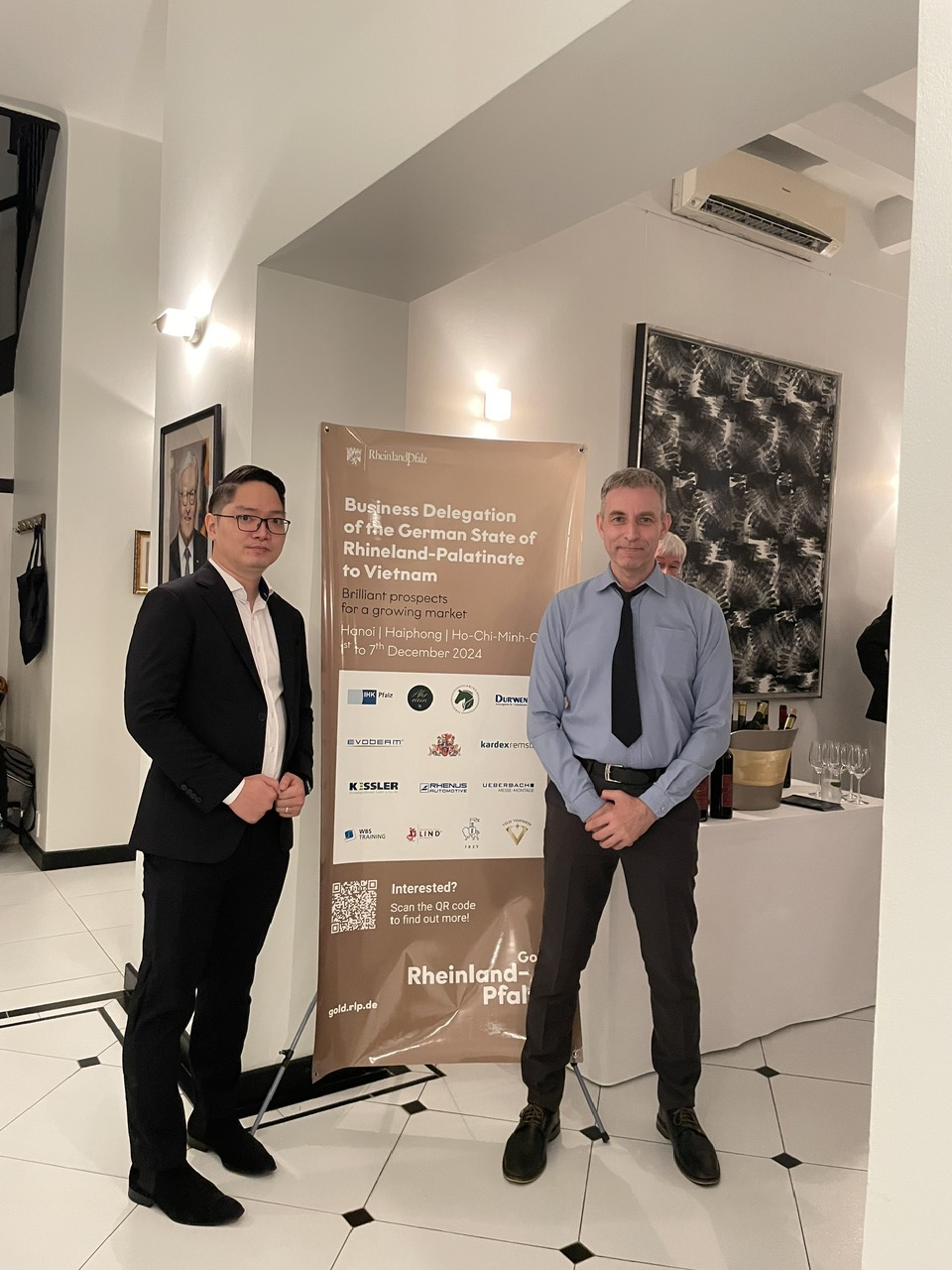When you become a parent, you want nothing but the best for your child. As a new parent of a five-month-old baby, Vy, my wife and I have been navigating the overwhelming world of advice about baby care. One area that has caught our attention—and concern—is the prevalence of information about baby supplements on social media.
Trusting Expert Advice First
When Vy was born, our doctor provided us with a list of recommended supplements. Honestly, we didn’t give it much thought at first because Vy’s grandmother, an experienced pharmacist, reassured us that everything was under control. She meticulously ensured Vy received the nutrition she needed, and we trusted her expertise.
However, things became a bit more complicated when my wife started comparing notes with her cousin, a doctor with a baby the same age as Vy. During their conversations, my wife began to wonder if Vy needed additional supplements like iron or vitamin A. The conversations didn’t stop there—my wife also turned to social media, where influencers, KOLs (Key Opinion Leaders), and KOCs (Key Opinion Consumers) frequently discuss baby care.
The Influence of Social Media on Parenting Choices
In Vietnam, social media is flooded with content about baby supplements, formulas, and vitamins. These influencers often claim their recommendations are backed by personal experience or expert knowledge. Their convincing narratives can make any parent feel that their child might be missing out on something essential.
For instance, my wife came across content emphasizing the need for vitamin D, vitamin A, or iron supplements, even though we’ve been feeding Vy high-quality German Aptamil formula, which already includes the necessary nutrients. The constant stream of advice made her second-guess our current routine, despite the fact that Vy is thriving.
The Risks of Following Unverified Advice
It’s crucial to note that not all supplements are necessary for every child, and in some cases, giving the wrong supplement or administering it incorrectly can lead to serious consequences. Just today, I heard about a tragic case in Vietnam where parents accidentally hospitalized their baby due to improper use of a D3 K2 supplement. This is a stark reminder of how dangerous it can be to rely on unverified sources for something as critical as your baby’s health.
Why Parents Should Be Skeptical
The desire to do what’s best for your baby is natural, but it’s important to approach advice—especially on social media—with a healthy dose of skepticism. Influencers often don’t have medical qualifications, and even well-meaning advice can be harmful if it isn’t tailored to your child’s specific needs. Here’s why you should be cautious:
• Generalized Advice: What works for one baby may not work for another. Your baby’s nutritional needs depend on factors like their diet, health, and development.
• Hidden Motives: Many KOLs and KOCs are paid to promote products, which can influence the information they share.
• Risk of Over-supplementation: Excessive vitamins or minerals can lead to toxicity and health complications in infants.
What Parents Can Do Instead
1. Consult Professionals First: Always talk to your pediatrician or a trusted medical professional before introducing any new supplement or product to your baby.
2. Trust Proven Sources: Stick to information from reputable health organizations, pediatricians, or pharmacists. Your child’s healthcare provider knows their unique needs best.
3. Question Social Media Content: Before following advice from social media, ask yourself:
• Is the source credible?
• Are they qualified to give medical advice?
• Are they promoting a specific product for financial gain?
4. Rely on a Balanced Diet: If your baby is on a high-quality formula or breastfed with adequate maternal nutrition, they may already be getting what they need. Supplements are not always necessary.
A Word of Caution
Parenting in the digital age comes with its challenges. While the internet can be a valuable resource, it’s essential to distinguish between helpful advice and potentially harmful misinformation. Remember, your baby’s health is too important to leave to chance or the opinions of unqualified individuals.
Let’s be mindful of where we get our information and prioritize advice from professionals. Vy’s health and happiness are our priority, and we owe it to her—and all our children—to make informed, thoughtful decisions.




